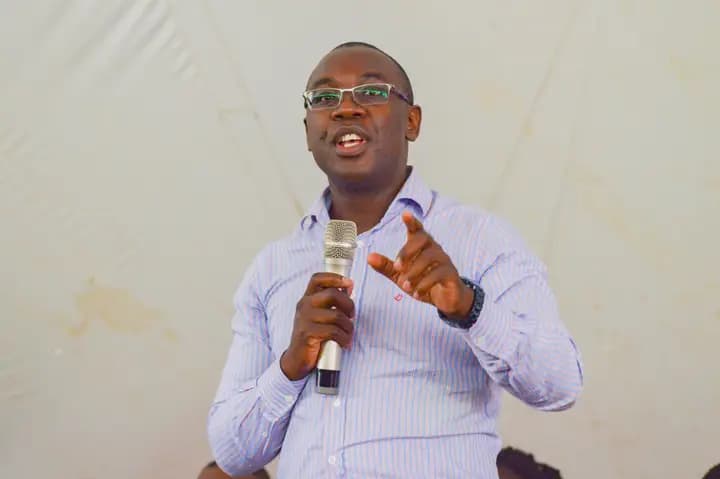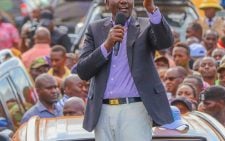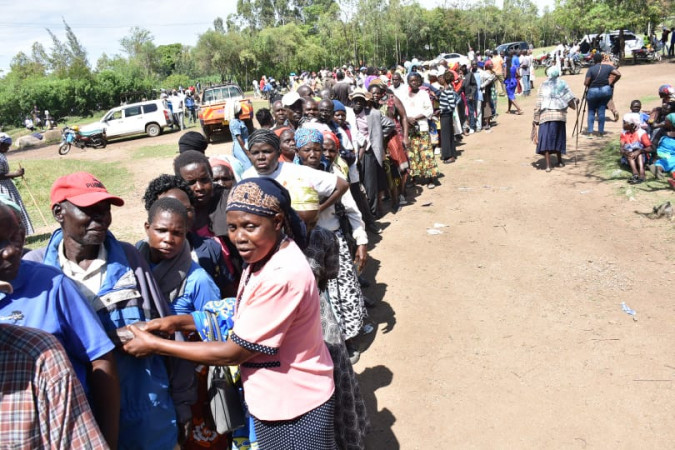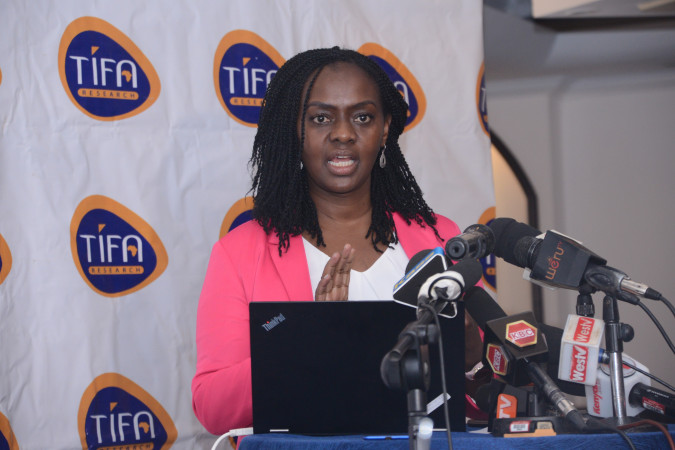Questions rise on objectivity and accuracy of opinion polls in the country

Political analyst and governance expert Javas Bigambo has raised questions about the credibility, methodology, and intent behind opinion polls in Kenya.
Bigambo highlights long-standing concerns about bias, data interpretation, and public manipulation in Kenya’s political landscape.
“Ordinarily, opinion polls are supposed to be scientific, objective, and accurate, save for the margin of error,” he said. “Sadly, Kenyan companies that carry out opinion polls are mostly influenced by political leanings or skewed sampling.”
Bigambo’s comments come amid renewed public scrutiny of polling firms, which were frequently accused during the 2022 general election campaign of releasing politically charged or manipulated data.
“That is why nearly all opinion polls have never been accurate or have never led to sober approval with the passage of time.”
He argues that the figures should not be taken at face value to shift public sentiments on key governance issues.
“Opinion poll data outcomes need to benefit from objective analyses through pellucid interpretation, not merely displaying data sensationalism,” he asserted.
He further called for a more grounded approach in the presentation and interpretation of polling results.
According to him, poll data must go beyond headlines and focus on in-depth analysis of the numbers, highlighting regional representation, demographic distribution, and data extrapolation.
“There is a need for analysis on the basis of the percentages, regional representation of data, and extrapolation,” Bigambo emphasized.

Polls as political tools?
Bigambo says that polls in Kenya have often faced accusations of being weaponized for political messaging. Ahead of general elections, different camps often cite favorable surveys to shape perceptions, raise campaign funds, or discredit opponents.
He told People Daily Digital that polls underscore troubling trends and implications they hold for democratic discourse.
He warns that when pollsters fail to maintain neutrality and rigorous scientific methods, they risk misleading the public and undermining democratic processes.
“We must question not just who commissioned the poll, but how it was done, who was sampled, and how the data is being used,” Bigambo cautioned.
Beyond credibility, Bigambo is concerned about how polling results are often dramatized to fit media or political narratives. In his view, this undermines public trust and reduces polling to little more than political propaganda.
“Displaying data sensationalism without a deeper, pellucid interpretation is a disservice to the public,” he said.
“It reduces complex sociopolitical sentiments into shallow scorecards.”
Bigambo insists that absence of regulatory oversight or independent verification mechanisms for opinion polling in Kenya. Without checks, he warns, the public will continue to be served skewed snapshots rather than objective reflections of public opinion.















